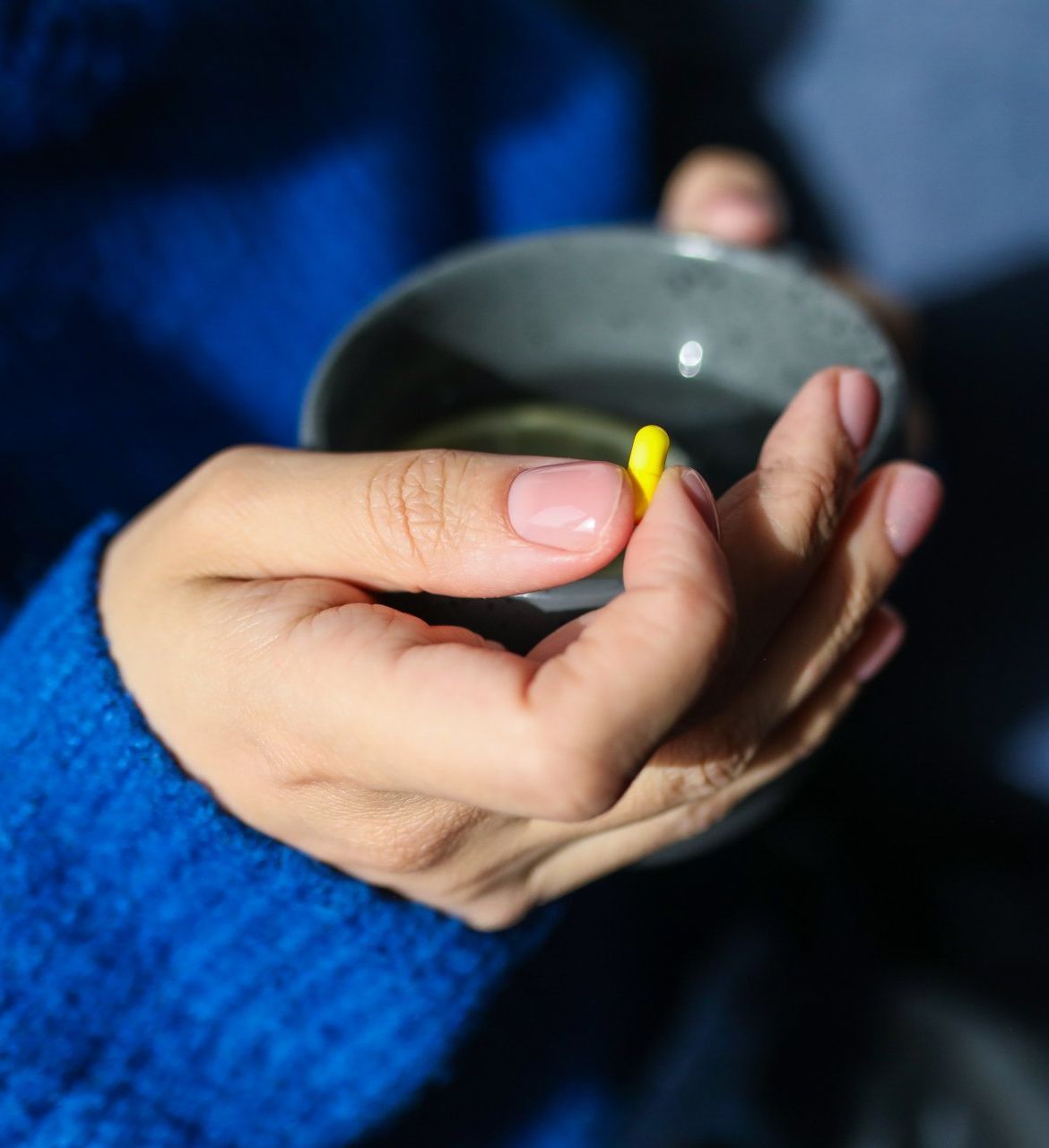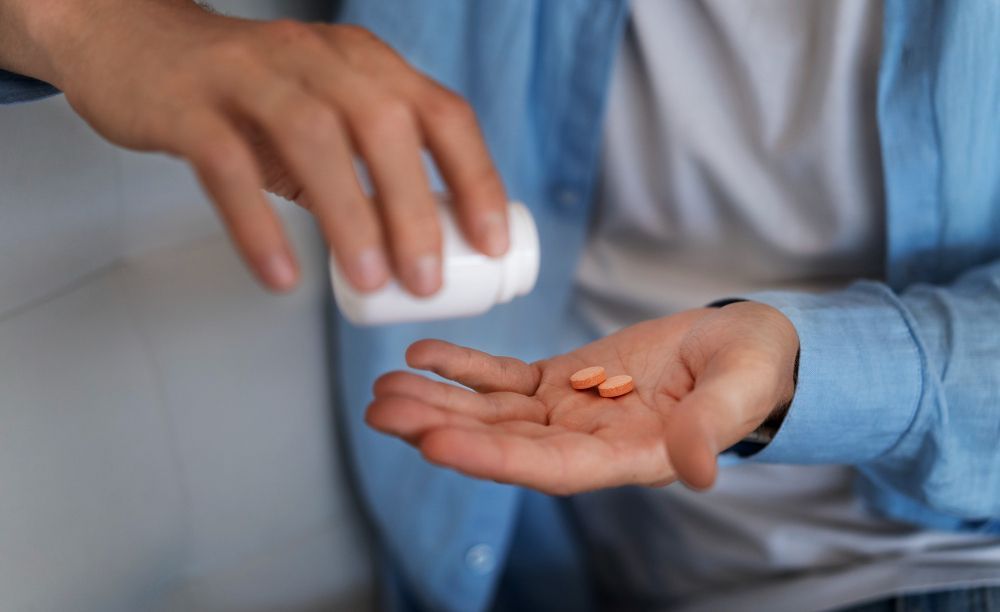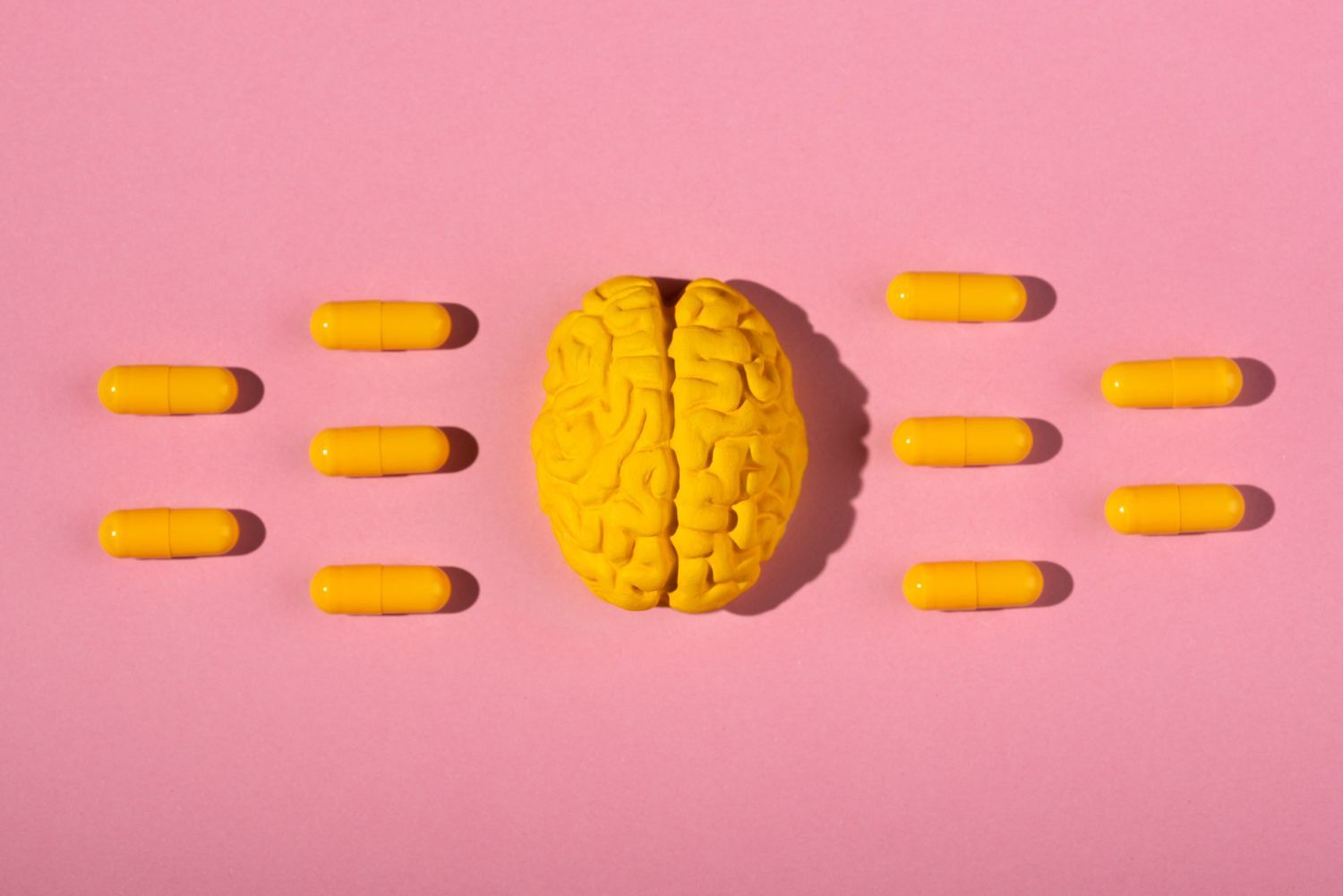Treatments for ADHD
ADHD can be treated using medicine or therapy, often a combination of both is best.
If you believe you, or your child have ADHD, a Private ADHD Assessment can provide the upfront clarity you need.
When to Consider ADHD Treatments?
Evidence from NICE guidance supports the use of medication as the first line choice for the treatment of ADHD in adults. Untreated ADHD can have a negative impact on a person’s life so medication is recommended when ADHD symptoms are causing significant impairment in everyday life.


Which treatments are right for me?
Medication for ADHD is designed to help reduce symptoms of hyperactivity, inattentiveness and impulsivity and there are two classes of medicine to choose from. It is important to understand how these medicines work to ensure it is the most appropriate for you and that you are aware of the side effects.
Schedule your free consultation today.
If you believe you may have undiagnosed ADHD, AG & Co Health is here to provide the support and guidance you need.
Stimulants
The First Line of Treatment for ADHD
Stimulants are the first line treatment for ADHD, being the most widely used treatment for ADHD. Stimulants work in the part of the brain called the Frontal Cortex whose job includes working memory, organising information, initiating an action, delaying gratification, regulating emotions and reining in our impulses. Stimulants increase dopamine in the frontal cortex and therefore this helps us to pursue our goals and remain committed in their pursuit.
There are many different stimulant medicines to choose from and the choice will depend on working together to find the right medication for you, at the ideal dose and schedule, taking into consideration how often and what time of day you need to take it. Stimulants are the first line treatment for ADHD, being the most widely used treatment for ADHD. Stimulants work in the part of the brain called the Frontal Cortex whose job includes working memory, organising information, initiating an action, delaying gratification, regulating emotions and reining in our impulses. Stimulants increase dopamine in the frontal cortex and therefore this helps us to pursue our goals and remain committed in their pursuit.
Stimulant Based Medications
Below are the three different classes of stimulant medication and the difference between the medicines can be determined by their mechanism of action and how long the medication works for, which can range from anywhere between a few hours to over 12 hours.
Methylphenidate – Medikinet, Concerta, Equasym
Dexamphetamine – Dexedrine
Lisdexamfetamine - Elvanse

Non-Stimulants
When to consider non-stimulants
Evidence shows a clinically important benefit for treatment with stimulants compared with placebo and other medicines. However, where such medication is either not tolerated or symptoms continue to cause impairment a non-stimulant can be considered.
How non-stimulants work
Atomoxetine (also known as Strattera) is a "selective noradrenaline re-uptake inhibitor" which increases the amount of noradrenaline in the brain. This helps increase the amount of messages passed in the brain which in turn increases concentration and helps control impulses.
Non-Stimulants treat more than ADHD
Non-stimulant ADHD medications are longer lasting, which means they only need to be taken once a day and can be useful for people who also suffer with depression as they have anti-depressive qualities.
Non-Stimulant Medications
Non-stimulant medications increase the availability of Noradrenaline or mimic its effects. They tend to take longer to start having an effect than stimulant medications. They are generally used if stimulant medications haven’t worked for you or if you find them difficult to take.
Atomoxetine
Guanfacine






